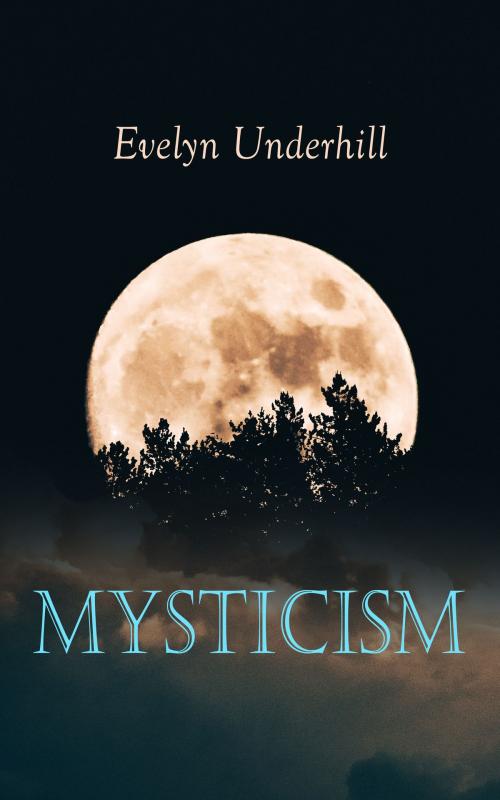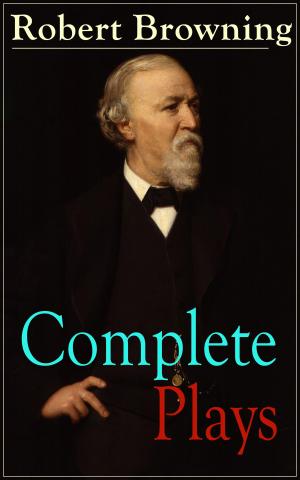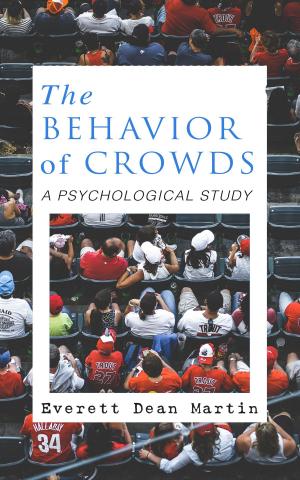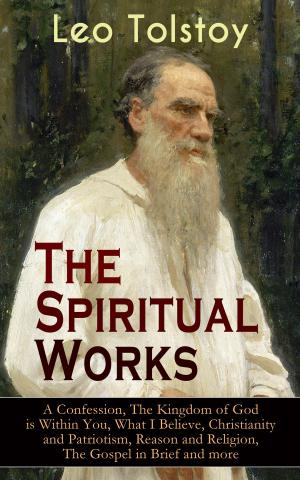Mysticism
A Study of the Nature and Development of Man's Spiritual Consciousness
Nonfiction, Religion & Spirituality, Inspiration & Meditation, Mysticism, Spirituality| Author: | Evelyn Underhill | ISBN: | 9788026896869 |
| Publisher: | e-artnow | Publication: | November 1, 2018 |
| Imprint: | Language: | English |
| Author: | Evelyn Underhill |
| ISBN: | 9788026896869 |
| Publisher: | e-artnow |
| Publication: | November 1, 2018 |
| Imprint: | |
| Language: | English |
"Mysticism" is one of most celebrated books on the subject. The spirit of the book is romantic, engaged, and theoretical rather than historical or scientific. Underhill has little use for theoretical explanations and the traditional religious experience, formal classifications or analysis. She dismisses William James' pioneering study, The Varieties of Religious Experience (1902), and his "four marks of the mystic state" (ineffability, noetic quality, transcience, and passivity). Excerpt: "All men, at one time or another, have fallen in love with the veiled Isis whom they call Truth. With most, this has been a passing passion: they have early seen its hopelessness and turned to more practical things. But others remain all their lives the devout lovers of reality: though the manner of their love, the vision which they make to themselves of the beloved object varies enormously. Some see Truth as Dante saw Beatrice: an adorable yet intangible figure, found in this world yet revealing the next."
"Mysticism" is one of most celebrated books on the subject. The spirit of the book is romantic, engaged, and theoretical rather than historical or scientific. Underhill has little use for theoretical explanations and the traditional religious experience, formal classifications or analysis. She dismisses William James' pioneering study, The Varieties of Religious Experience (1902), and his "four marks of the mystic state" (ineffability, noetic quality, transcience, and passivity). Excerpt: "All men, at one time or another, have fallen in love with the veiled Isis whom they call Truth. With most, this has been a passing passion: they have early seen its hopelessness and turned to more practical things. But others remain all their lives the devout lovers of reality: though the manner of their love, the vision which they make to themselves of the beloved object varies enormously. Some see Truth as Dante saw Beatrice: an adorable yet intangible figure, found in this world yet revealing the next."















